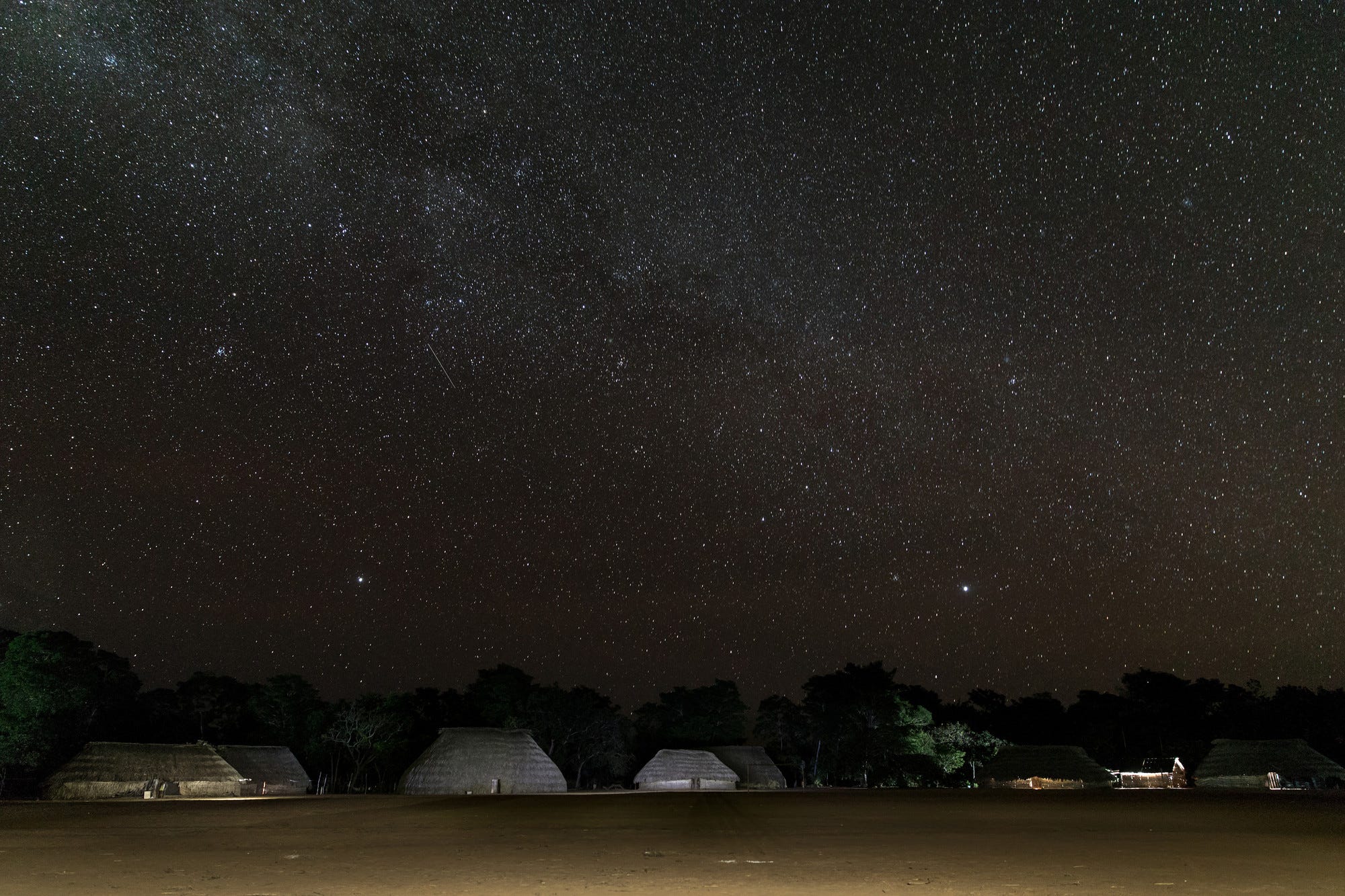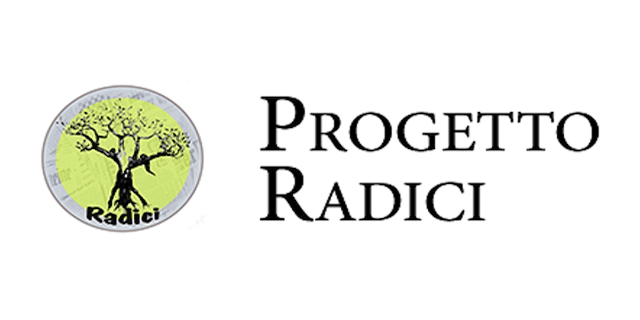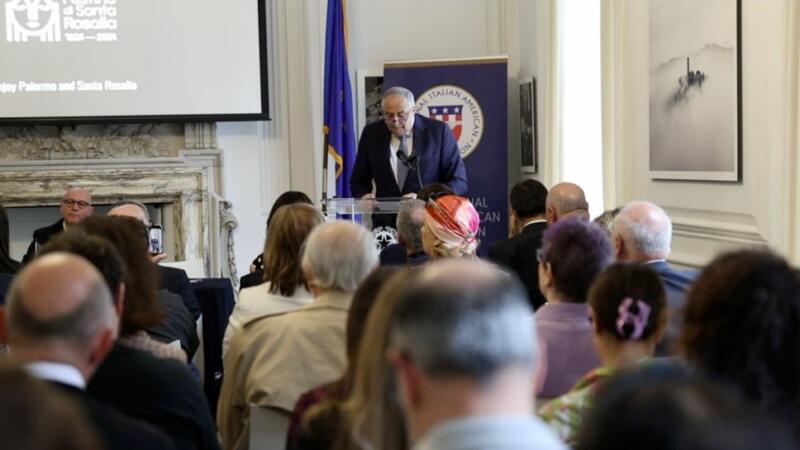They will never walk alone
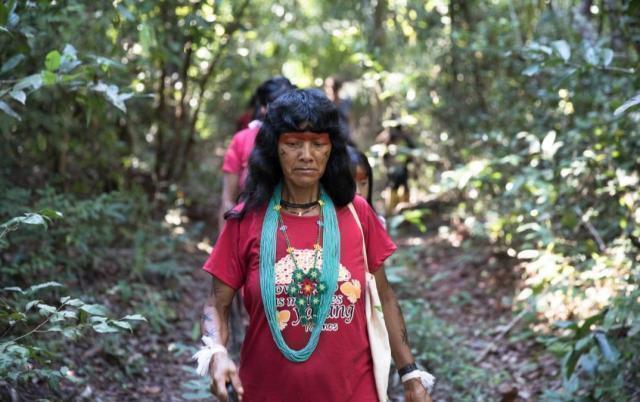
The Yarang Women’s Movement, in the Xingu Indigenous Territory (Mato Grosso), is commemorating ten years of collecting seeds for forest restoration in the Xingu and Araguaia River basins.
By: Roberto Almeida, journalist, ISA
Photos: Carol Quintanilha / ISA
Women and young people leave Arayó village walking in single file. They carry baskets, machetes, beijus (manioc bread), water, small children. The pace is measured; there’s no need to hurry, even when the late May sun is baking the dust of the Pavuru landing strip, Xingu Indigenous Territory.
The conversation among them revolves around one thing. That subject: seeds.
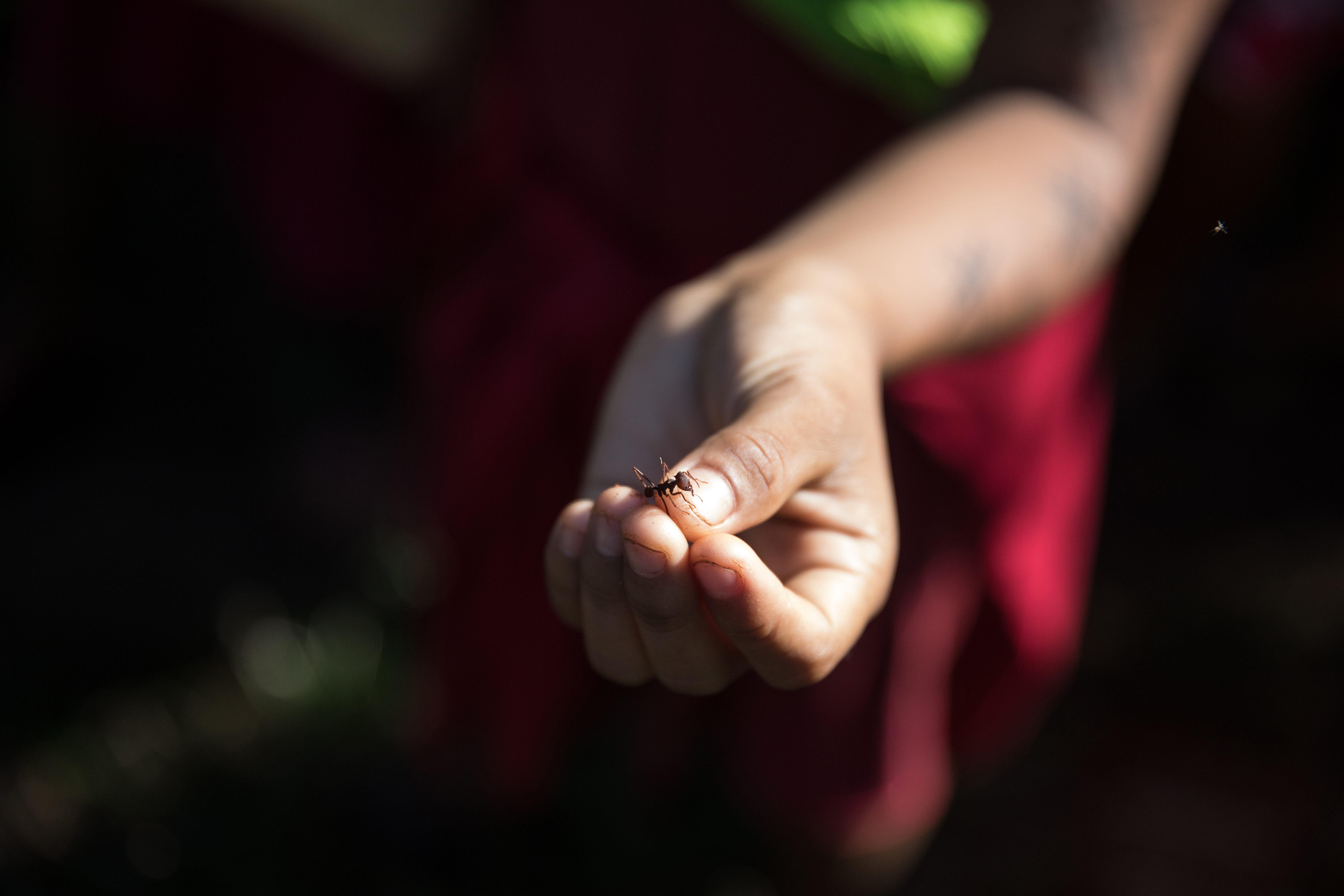
What will we collect? Where? A path on the left and the forest ends, gaps opening onto fields of manioc, fenced against the incursions of wild pigs. This is the site of the former village of Moygu, abandoned in 2011. In the morning light, huge pequi trees are swaying in the breeze.
Halfway there and a child points to a small hole on the bed of the path. In a flash she extracts a leafcutter ant, large and strong, but which appears drugged between her fingers. In the Ikpeng language, a Yarang.
The Ikpeng are a Karib-speaking people living in the Xingu Indigenous Territory in Mato Grosso. According to the latest census (2014), they were 477 people in total.
The Yarang is a symbol and the name of the Ikpeng women’s movement that, for ten years, has been collecting seeds to reforest the region of headwaters of the Xingu and Araguaia rivers in Mato Grosso and other places where white people have cleared the Cerrado and the Amazon.
Stepping firmly forward, leafcutter ant now put back on the ground, the Yarang search this particular stretch of forest for jatobá, leiteiro, carvoeiro, cafezinho do pasto, mamoninha, lobeira and seeds of dozens of other species.
Stopping suddenly, everyone sits on the ground. With hands or machetes, they begin clearing the layer of dried leaves to uncover murici da mata shoots, so small as to be almost invisible. The dynamics shift. Now it’s collecting time.
Women, young people and children talk, laugh, play, under the shade of the murici tree. They collect the bittersweet yellow berries, suck the flesh with contented expressions and carefully put the seeds into their baskets.
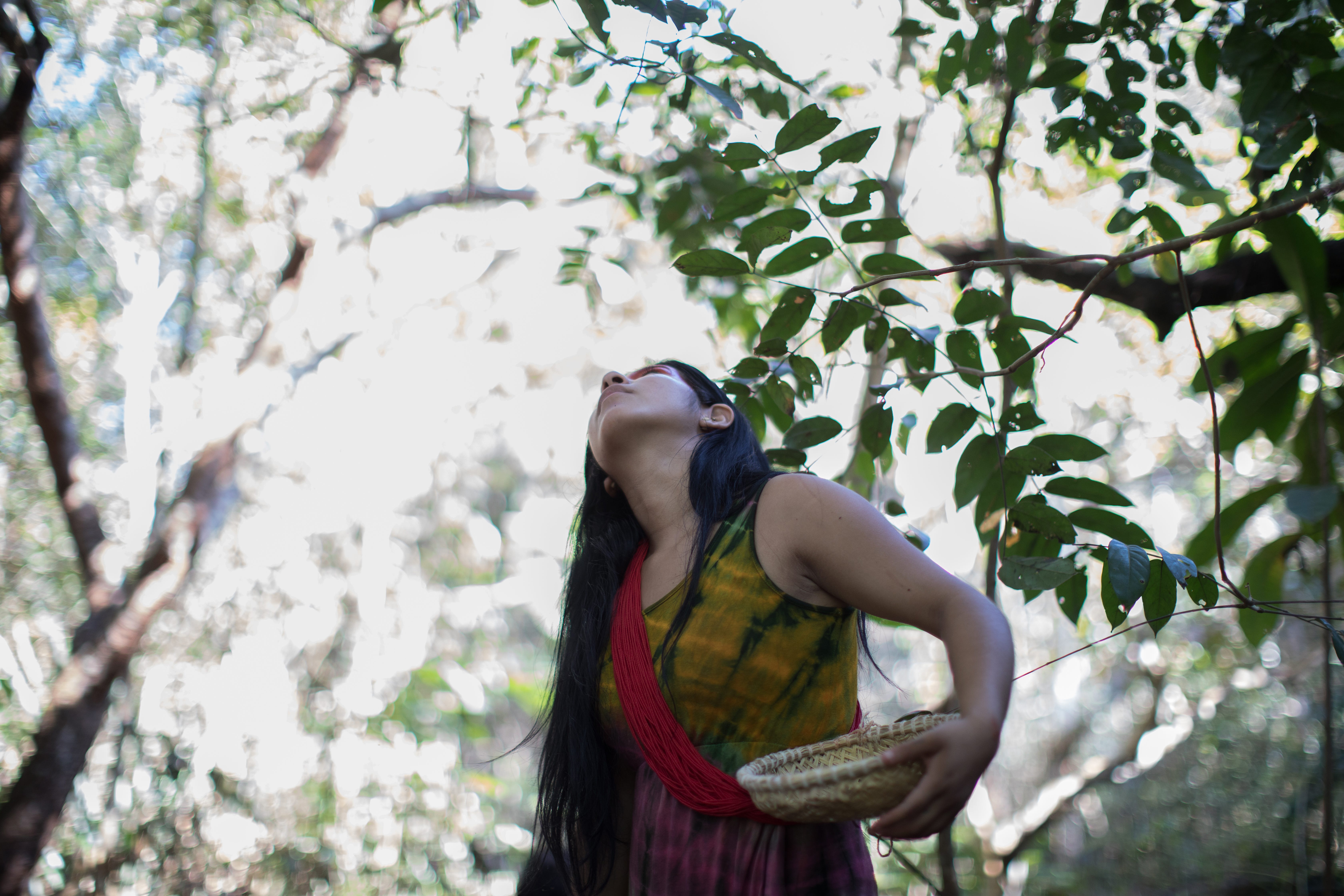
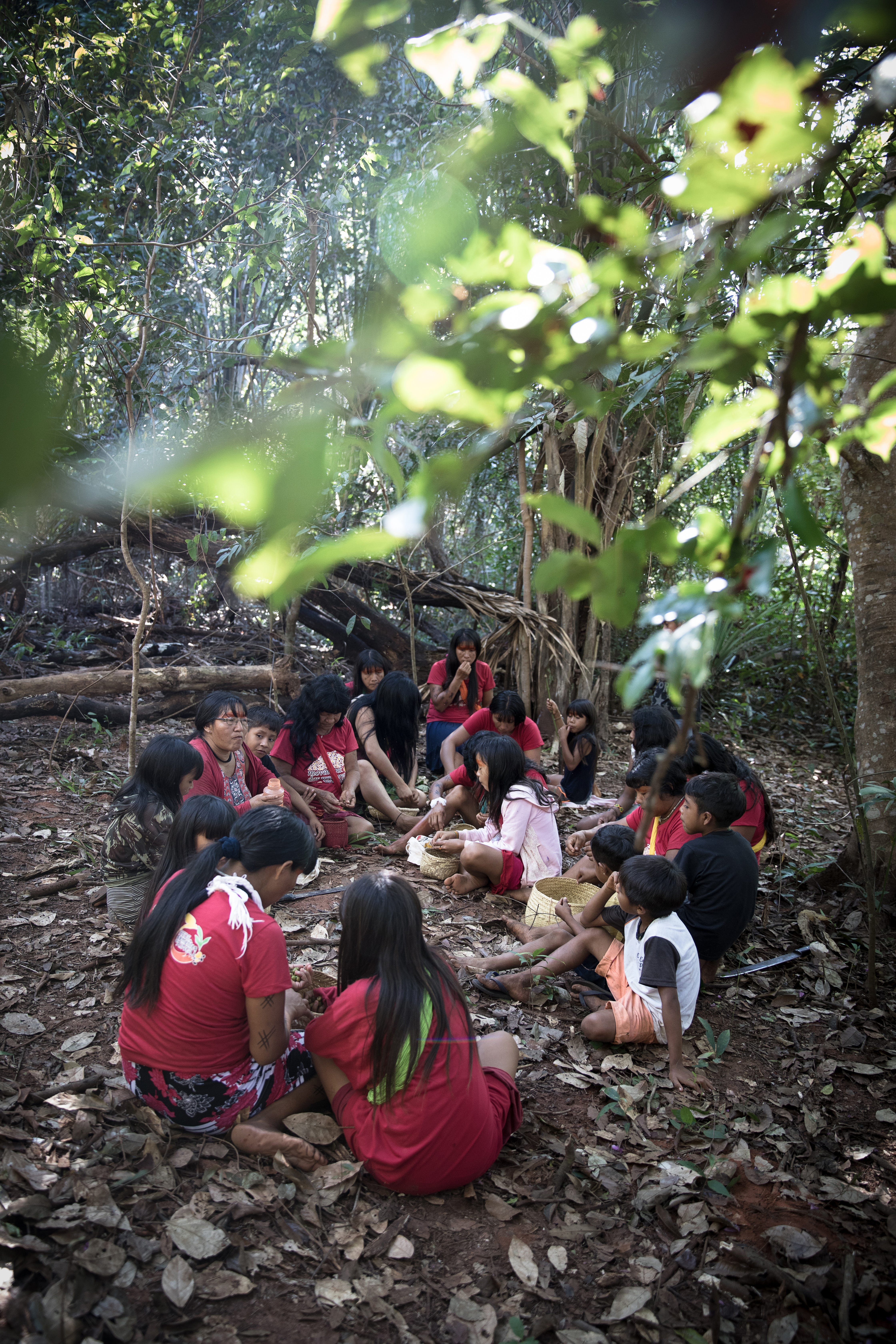
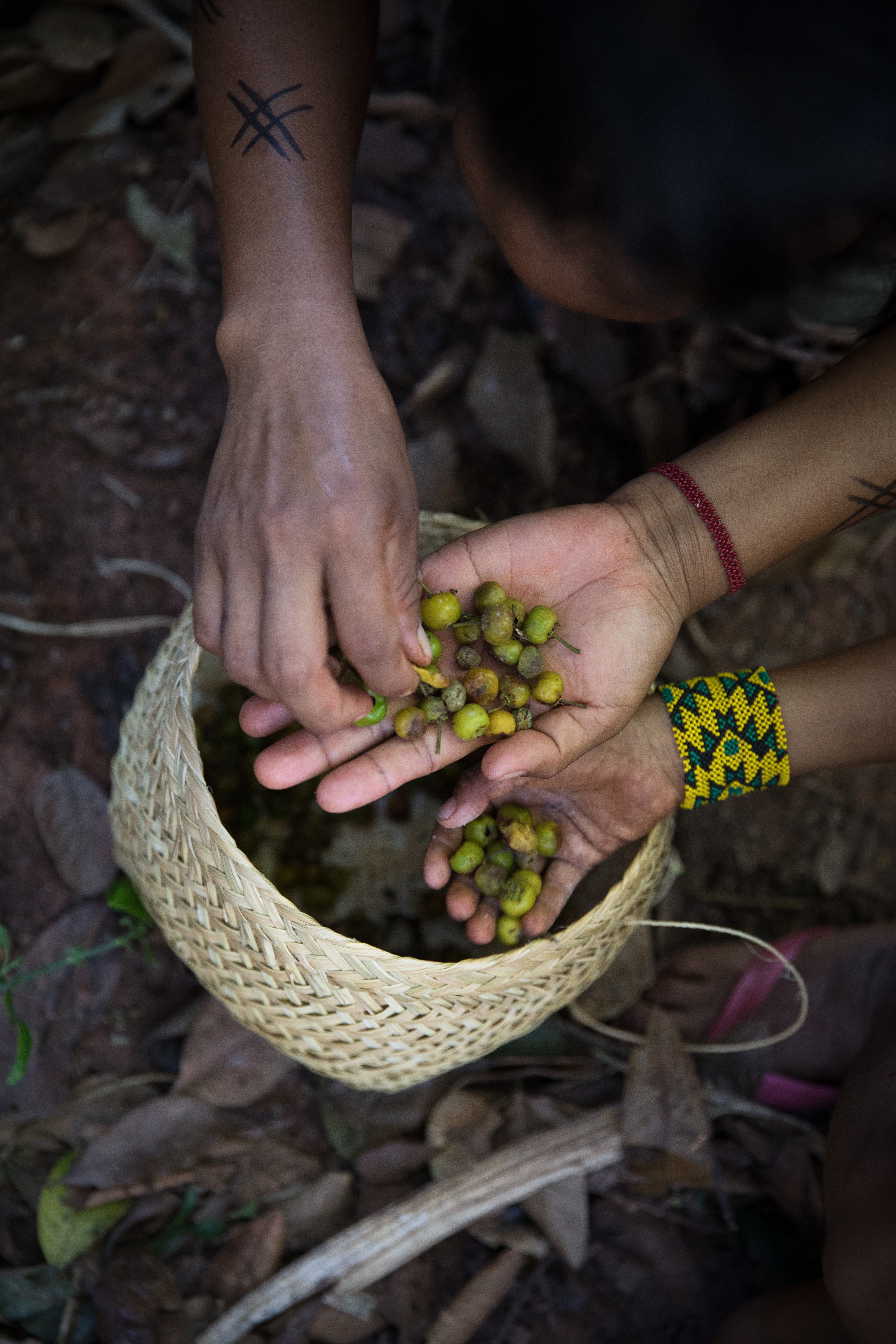
“The women’s movement is a group activity”, reflects Koré Ikpeng, a Yarang leader from Arayó village. “I invited all the Yarang to collect seeds; we bathed early and set off. We came to talk, to exchange ideas. It is a collective activity, a union of women.”
“We encourage, we teach knowledge of seeds to the young people”, she continues. “And it’s not just the girls who work. The boys too. My grandchildren are over there. We guide, we invite, they learn”.
As quick as leafcutter ants, the group finishes the job, their baskets full in less than an hour. Now it’s time to go home.
One more collection comes to an end, out of so many that over the last ten years have collected 3.2 tons of forest seeds and generated R$ 105,000 in direct income for the 65 women participating in the Yarang Women’s Movement, part of the Xingu Seed Network Association (ARSX).
Hard work by strong women has already resulted in the planting of approximately one million trees.
‘Strong women who honour their commitments’
The first day of the festivities, May 24, and the weather closes in fast, bringing heavy rain. Magaró Ikpeng, a Yarang leader of Moygu village, explains that this is the arrival of the spirit that accompanies women collecting seeds.
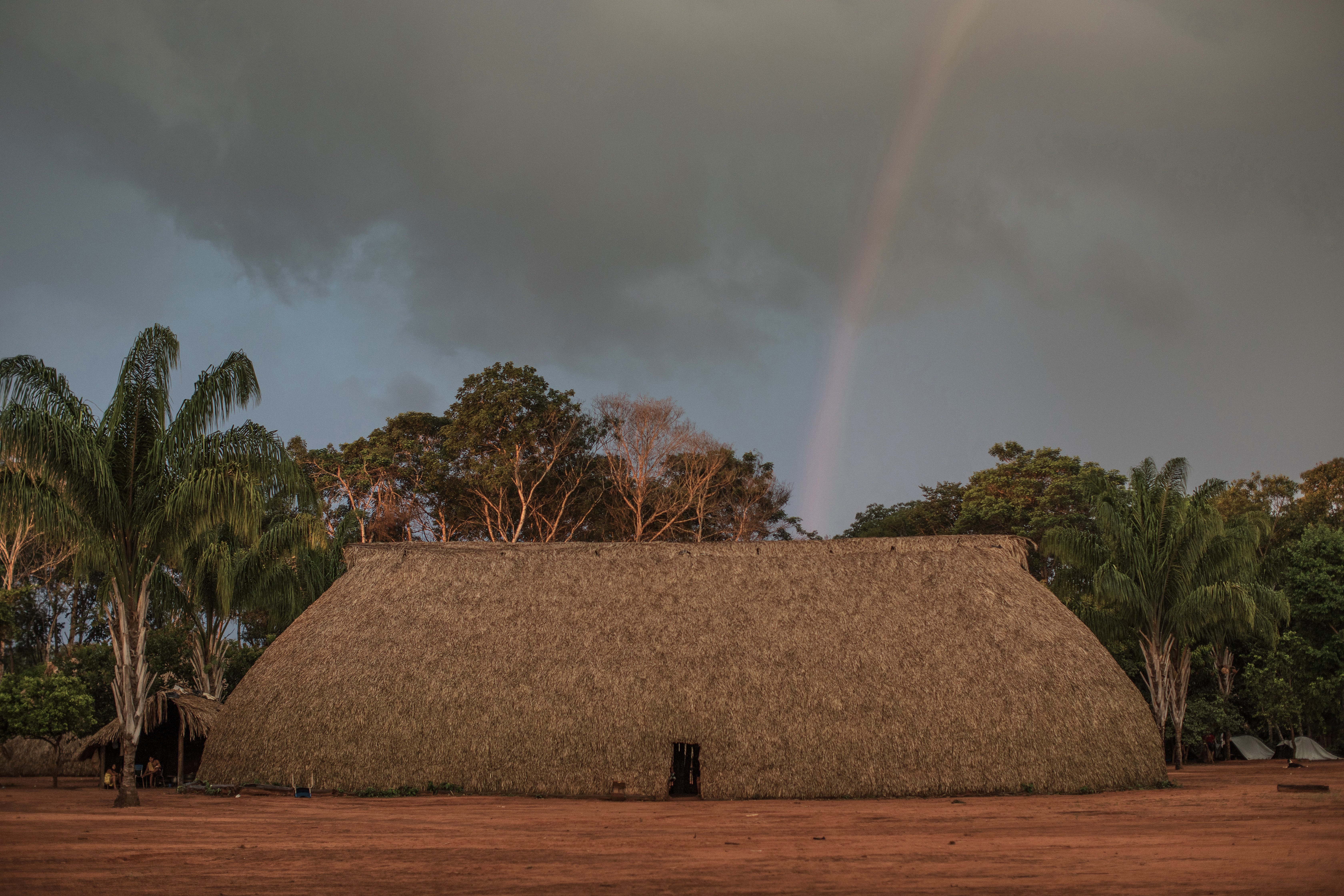
The delegations of the Wauja, Kawaiweté and Matipu, all from the Xingu Indigenous Territory, and the Xavante, from the Pimentel Barbosa Indigenous Land are greeted by the downpour, as are the seed collectors from the townships of Bordolândia, São Félix do Araguaia and Canabrava do Norte.
More than 150 people took part in tenth anniversary festivities of the Yarang Women’s Movement. In all, 43 young Ikpeng worked on organizing the event, including cooking, transportation and tidying up the village.
The mïnge, the Men’s House in the middle of Moygu village, has been taken over by the force of the Yarang, by their powerful speeches and their chants. With microphone in hand, leaders from within and outside the Xingu Indigenous Territory extol the way women work, and the openness with which they fulfil (or not) the expected delivery of seeds.
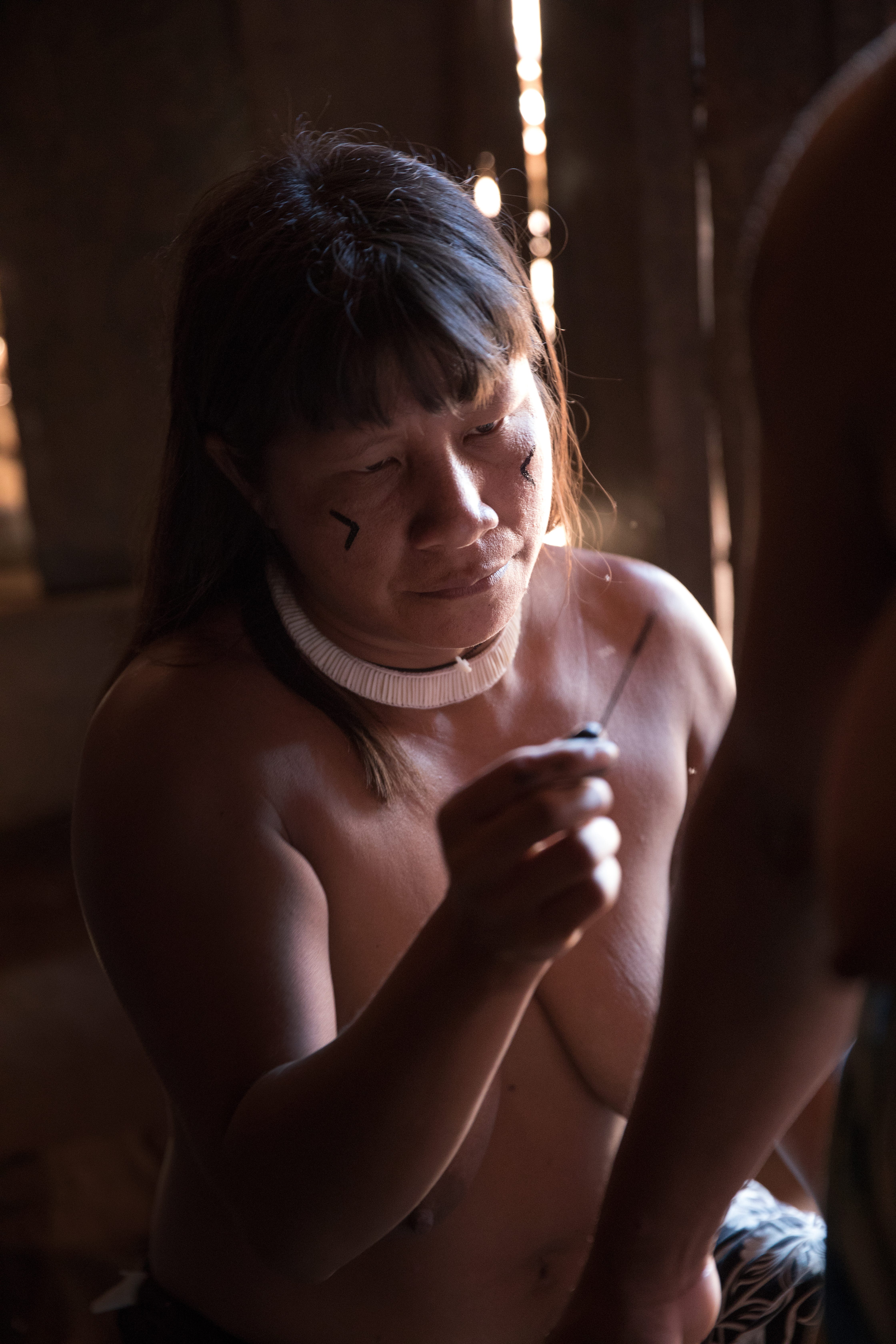
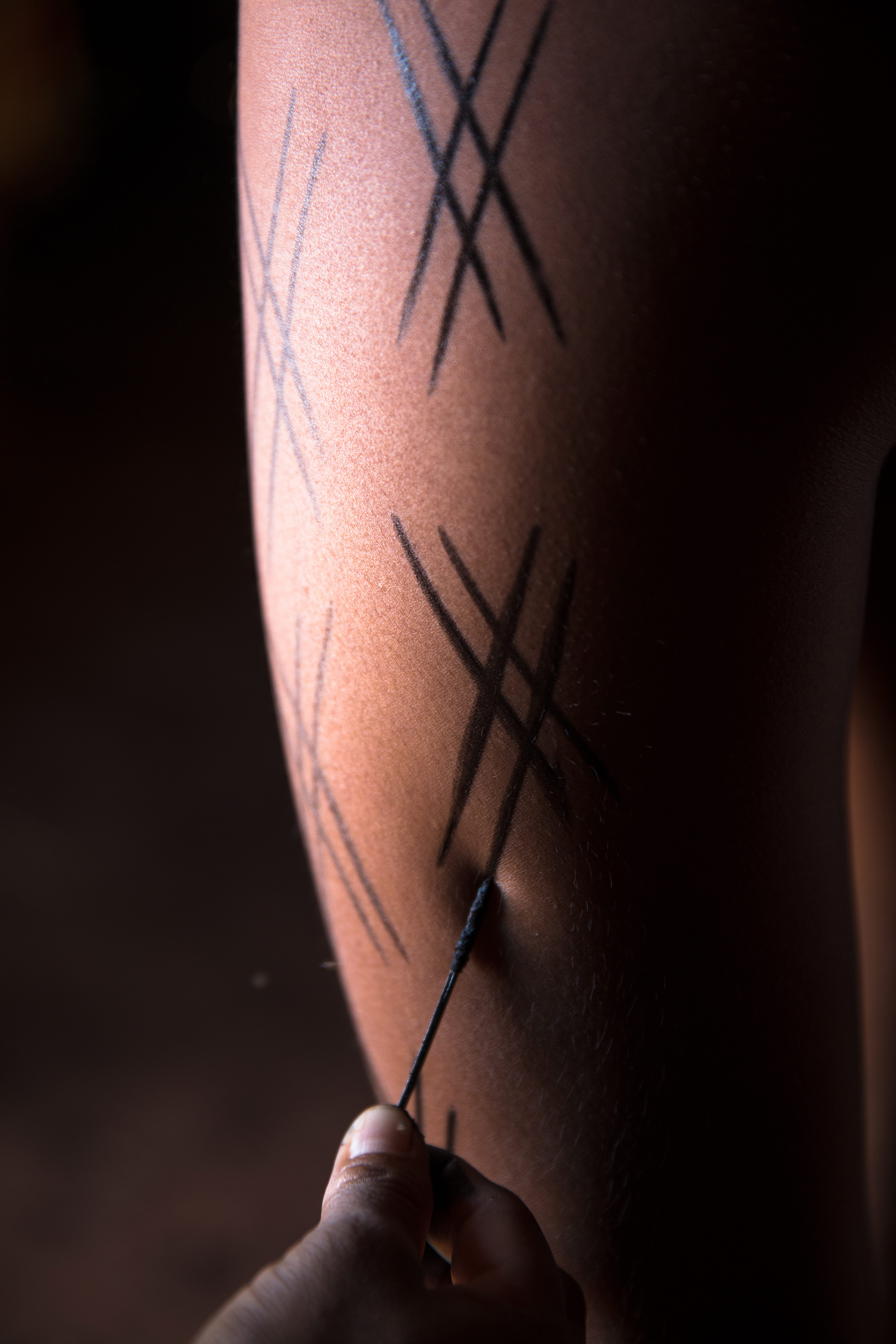
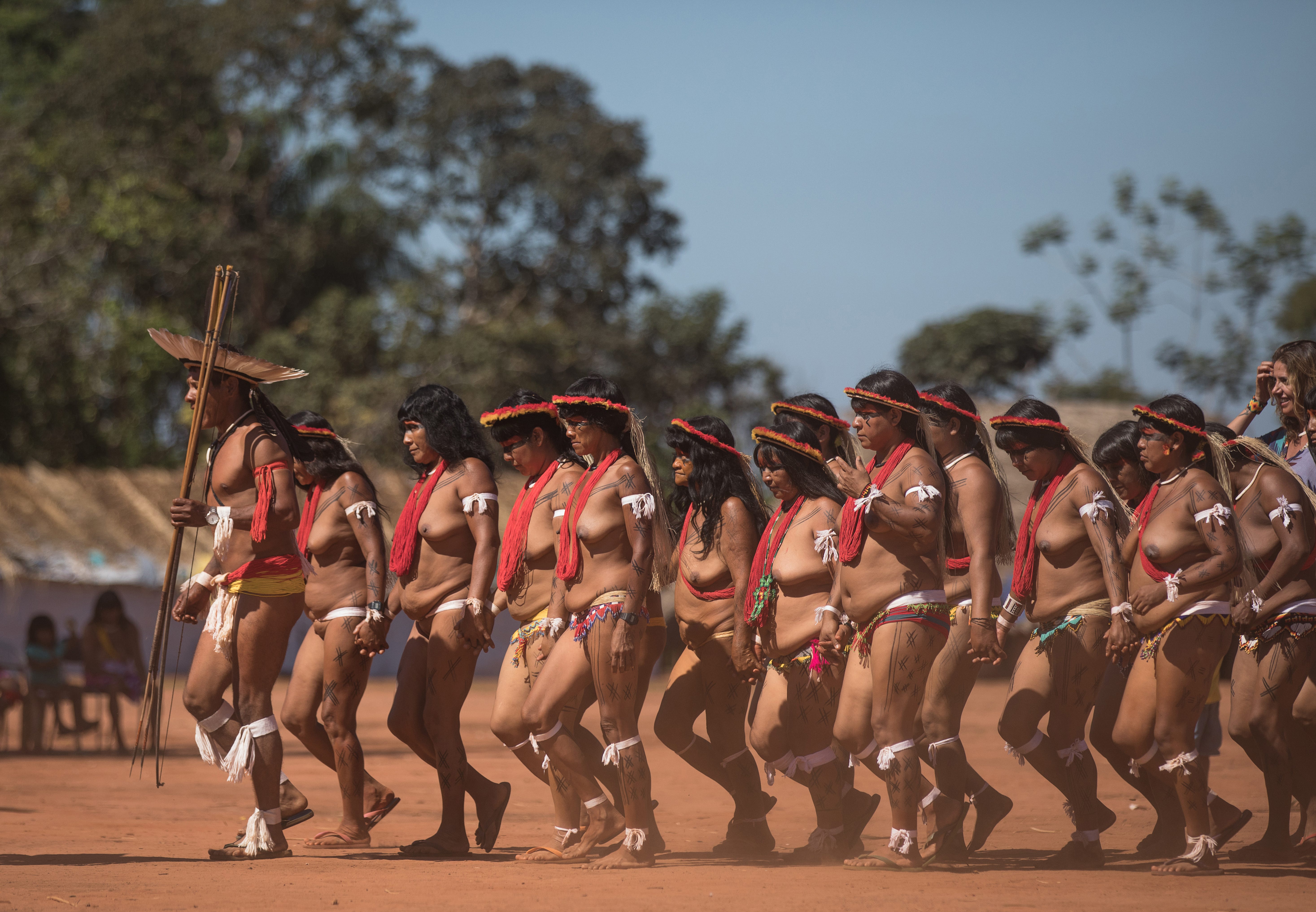
“This is how we are. We have to agree, we have to do what’s agreed, we have to deliver. If we encounter difficulties, we let people know. If we can’t do it, then we can’t. Whatever we can do, we will do our utmost to live up to our word”, says Makawa Ikpeng, a Yarang leader of Moygu village.
“We like to talk about the seeds. We don’t wait for anyone to tell us to do it. We Ikpeng women work as a group. We are a movement. We’re on the move”, adds Koré Ikpeng.
“The fact is, they are strong women who honour their commitments”, explains Bruna Dayanna Ferreira de Souza, director of the Xingu Seed Network Association, which manages and markets the seeds collected by the Yarang Women’s Movement.
With Magaró, Makawa and Koré at their head, the Yarang are a source of pride in the village and beyond, among men and women. “My daughters are collecting seeds to plant and restore what has been destroyed in our territory,” says chief Kampot Ikpeng. “We need to come together. Today we are relatives, partners, and the forest depends on us”, he continues.
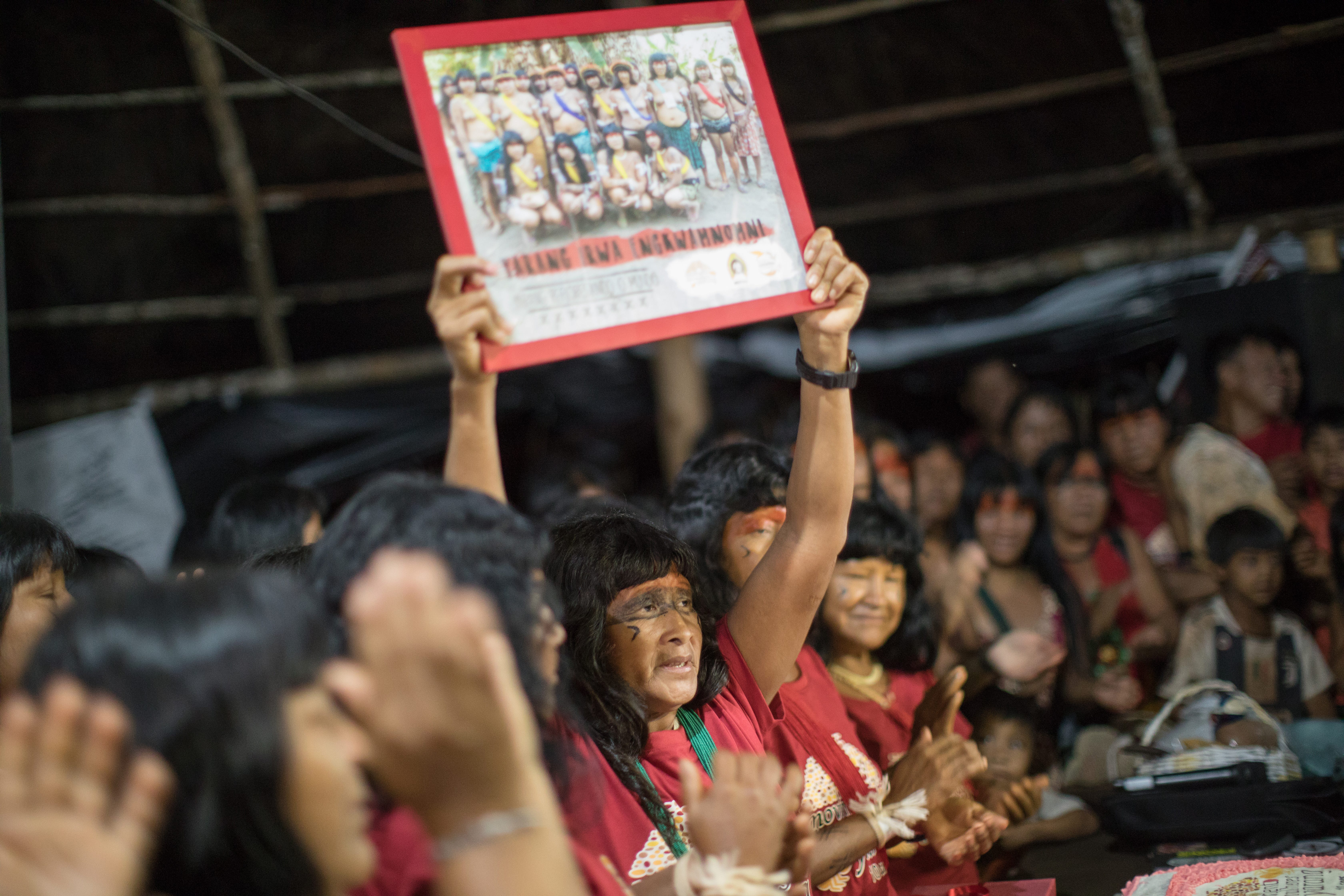
Watatakalu Yawalapiti, coordinator of the women’s department of the Xingu Indigenous Land Association (Atix), emphasizes: “Whether it’s through the marketing of seeds, handicrafts, pepper, water hyacinth salt or pequi, the goal is to strengthen women”, she says.
‘Our efforts are bearing fruit’
If there is a story that Magaró Ikpeng likes to tell it is about her participation in the 3rd Ecological Restoration and Seed Network Expedition that took place in October 2018.
Indigenous people, small family farmers, large farmers, researchers, representatives of government, companies and third sector organizations travelled more than a thousand kilometres across north-western Mato Grosso and observed the seed chain, from collection to their utilization in reforested areas of rural properties of the region.
Magaró was there. She was the first Yarang to leave her village in the Xingu Indigenous Territory to see for herself the results of the efforts of her collecting companions. Previously, the idea of “planting a forest” had seemed strange. Not any longer.
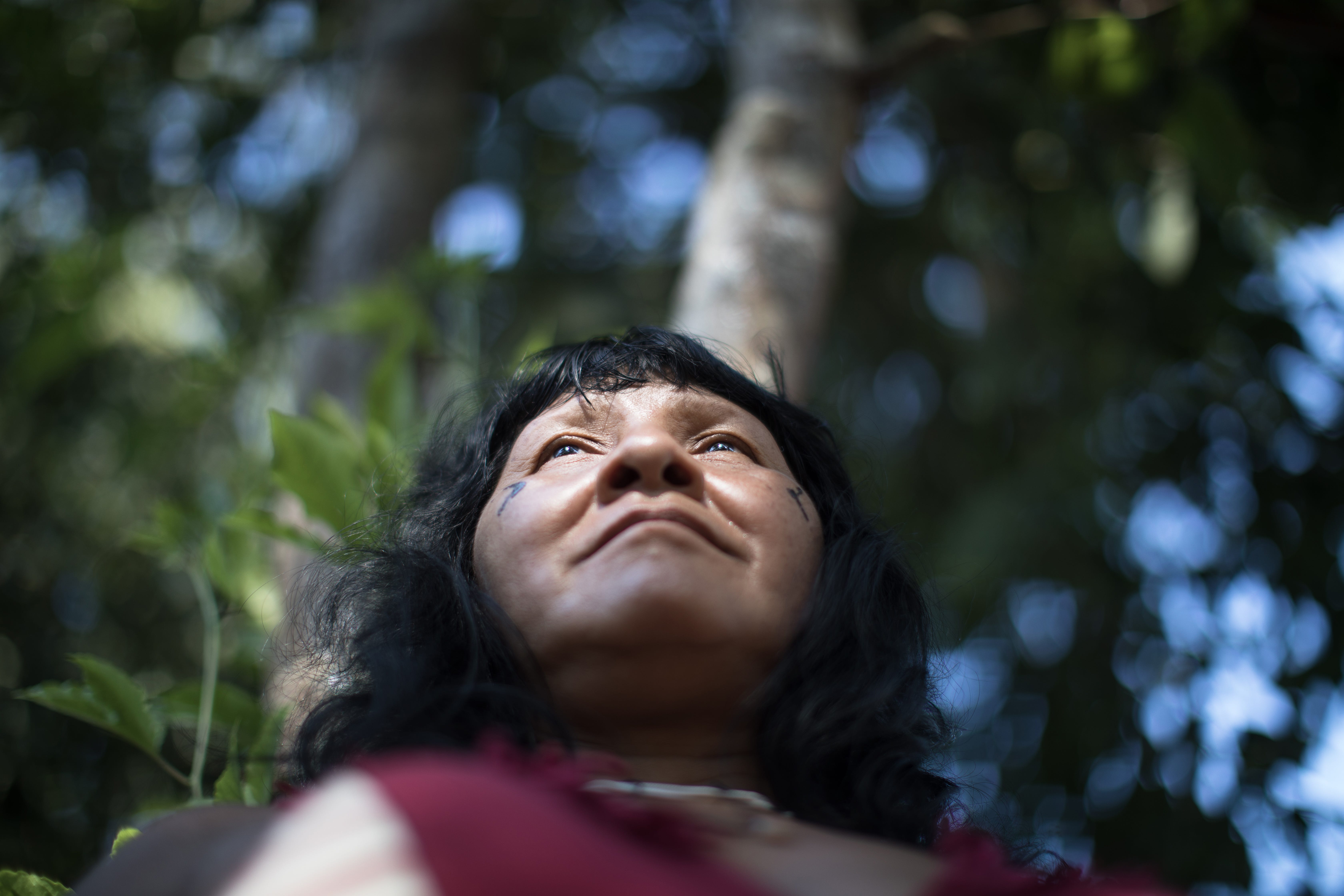
“Our efforts are bearing fruit”, the Yarang leader sums up. “People are reforesting the headwaters of the rivers. I was thrilled to see the fruits of our work. I need to travel more to get to know everything. We are collecting and people are planting”, she says.
There are over 22,500 water sources among the headwaters of the Xingu River. Approximately 150,000 hectares of forests along the river’s edge are degraded.
“You will only value the forest if you see it as a good thing. If it makes no sense, it will offer no value. The forest offers shelter, a garden, hunting. I dream of being able to offer my grandchildren what I have now, and that in the future they will not lose this wealth”, Magaró continues.
However, the idea that “white people destroy” remains strong. The work of the Yarang Women’s Movement is a breath of fresh air in the midst of the devastation eroding what is left of the forest. Over the last 10 years, more than a million hectares of forest have been cleared in the Xingu basin.
In contrast, over more than ten years the Xingu Seed Network Association has promoted the restoration of almost 6,000 hectares of degraded areas in the Xingu and Araguaia basins and in other regions of Cerrado and Amazonia. To achieve this, more than 220 tons of seeds from 220 native species have been used.
The Yarang have contributed to this work from the start. And they want to do more, with the help of Ikpeng men and young people.
Ants and Bats
Yarang in Ikpeng means leafcutter ant. Rere means bat. Choosing the name of the women’s movement swung between these two options until Airé Ikpeng, a longstanding leader of the community, decided to adopt Yarang as the official name. Thus, the Yarang Women’s Movement was born.
Ikpeng men, however, did not want to be left behind and immediately adopted the bat, or Rere, to designate their own group, the male group.
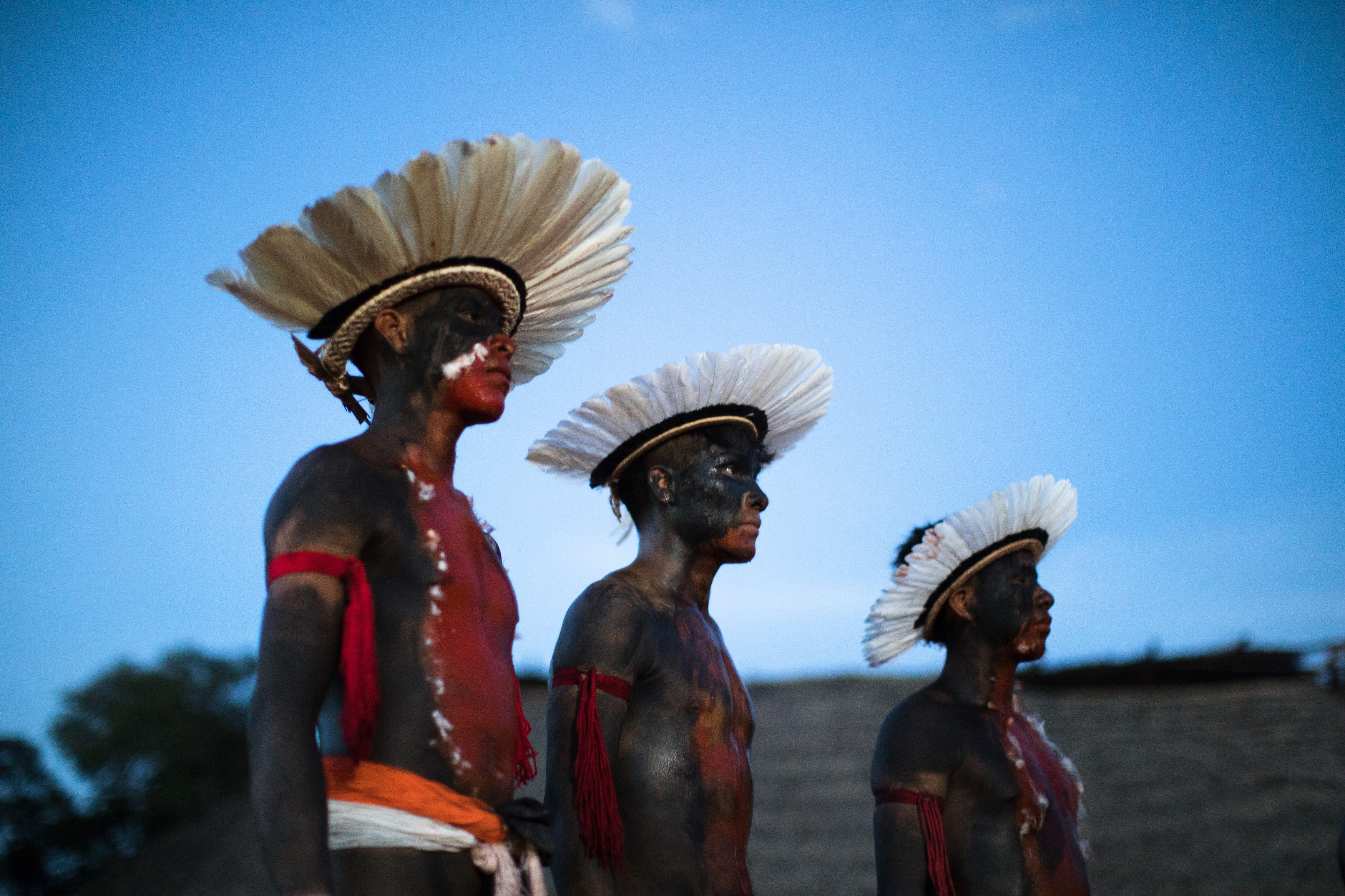
Since then, the positions of ants and bats, Ikpeng women and men, appear to be complementary as regards the division of labour and joint decisions about the use of money from the sale of forest seeds.
Wakunapu Wauja, a shaman from Moygu village and husband of Magaró Ikpeng, explains how decisions are made in his family.
“When the payment comes in, my wife asks what we should do with the money. I say it is she who must decide. Whether to buy pans, fish nets, or other things. She hands over the money to our children because they know how to use money to shop in town”, he says.
As a shaman, Wakunapu plays yet another role in the gathering of seeds: that of spiritual guardian of the Yarang’s work.
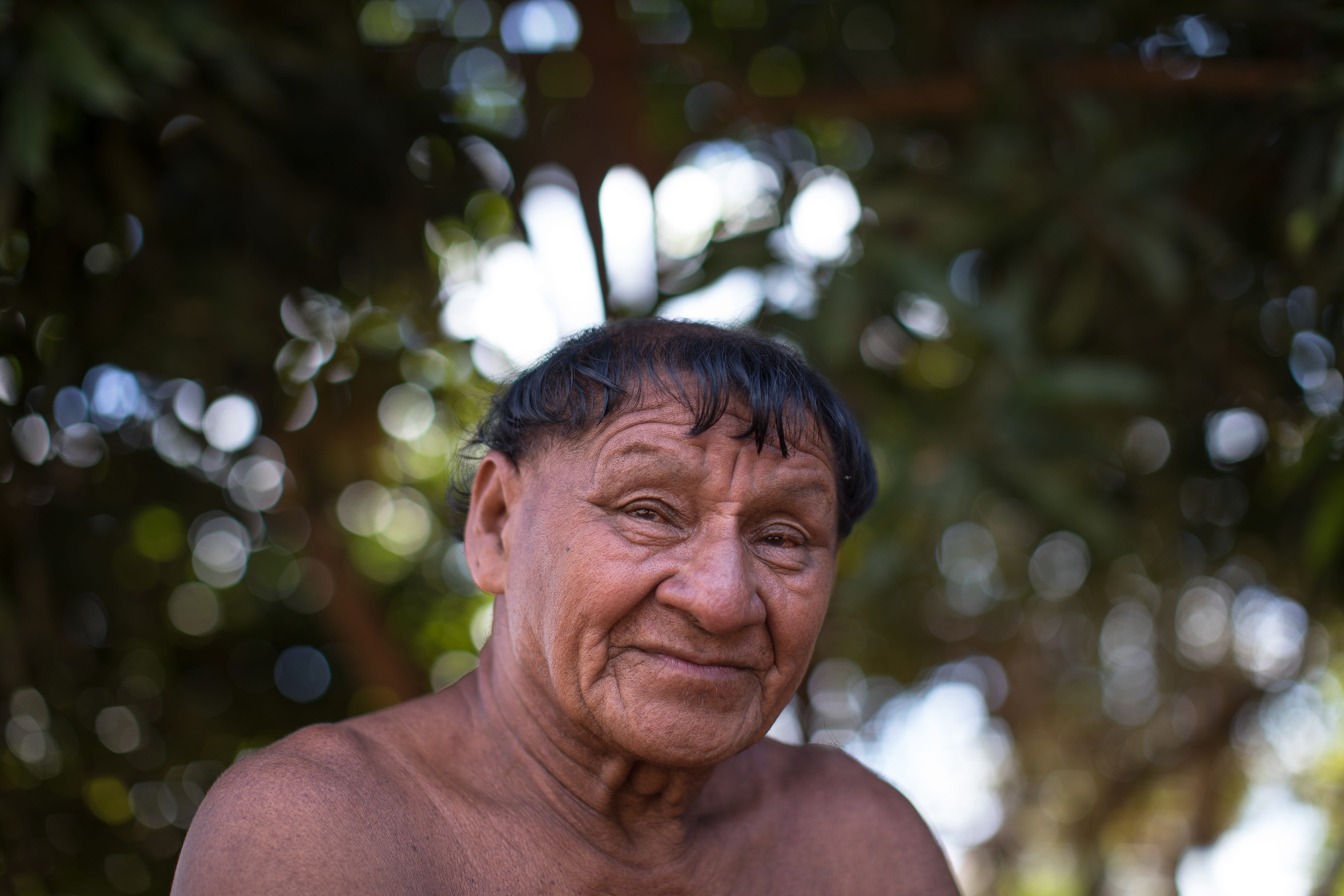
“Trees and seeds have spirits. When a group of collectors goes to work, I go as a guardian to talk to the spirits to say we don’t want to hurt them”, says the shaman. “In this way, the spirits allow us to work with them. We ask their permission. This is why women who do the collecting don’t get sick”, he explains.
Similarly, Arinka Ikpeng, husband of Yawala Ikpeng, another Yarang collector, says he likes to help. Since he understands the forest, on his hunting and fishing trips he helps identify new areas for seed collection. “I know the forest; I know when flowering and fruiting occur. And I like to help with the collecting”, he says.
With the proceeds from selling seeds, the Yarang have already bought a boat, a bicycle with a trailer, a stove, dental treatment, medical check-ups and everyday objects for their villages.
However, whenever Ikpeng men try to take credit for the seed collecting, the Yarang immediately counter with their point of view. “Men began the work [with the seeds] but weren’t capable of collecting and looking after the seeds. The men couldn’t handle it”, recalls Magaró.
According to her, how to spend her seed income is planned with her family. And the greater part goes on things to be used collectively to increase productivity. “I don’t buy small things”, she says. “I bought a boat, because everyone can use it. Collecting is done at a distance and we need to go by boat”.
“When the trees flower, we tidy up the surroundings. I go with my husband and map out the collection points. This way we already know where the fruit will fall and where we can collect them”, she explains.
Financial planning also takes place in other families of the Yarang Women’s Movement. “It’s a planned expense. Each year we set a goal. If you are going to buy such and such a thing, then when the money comes in, we buy what we have agreed”, explains Makawa Ikpeng.
Their purchases, for example, range from a stove to a new set of dentures (and their upkeep), via a bike with a trailer to transport garden produce to the village.
Sing, process, store
Let’s invite people to see our planting
Come see our planting
Always excited, the most beloved
Arayó
Come see our plantingWork song of the Yarang Women’s Movement
After an hour of collection, with their baskets full of murici-da mata seeds, the final destination of the collecting group led by Koré Ikpeng is the Seed House of the Yarang Women’s Movement, at Pavuru, between the villages of Arayo and Moygu.
There, they use a sieve to finish processing the seeds, which will be sun-dried and stored until the next request from farmers.
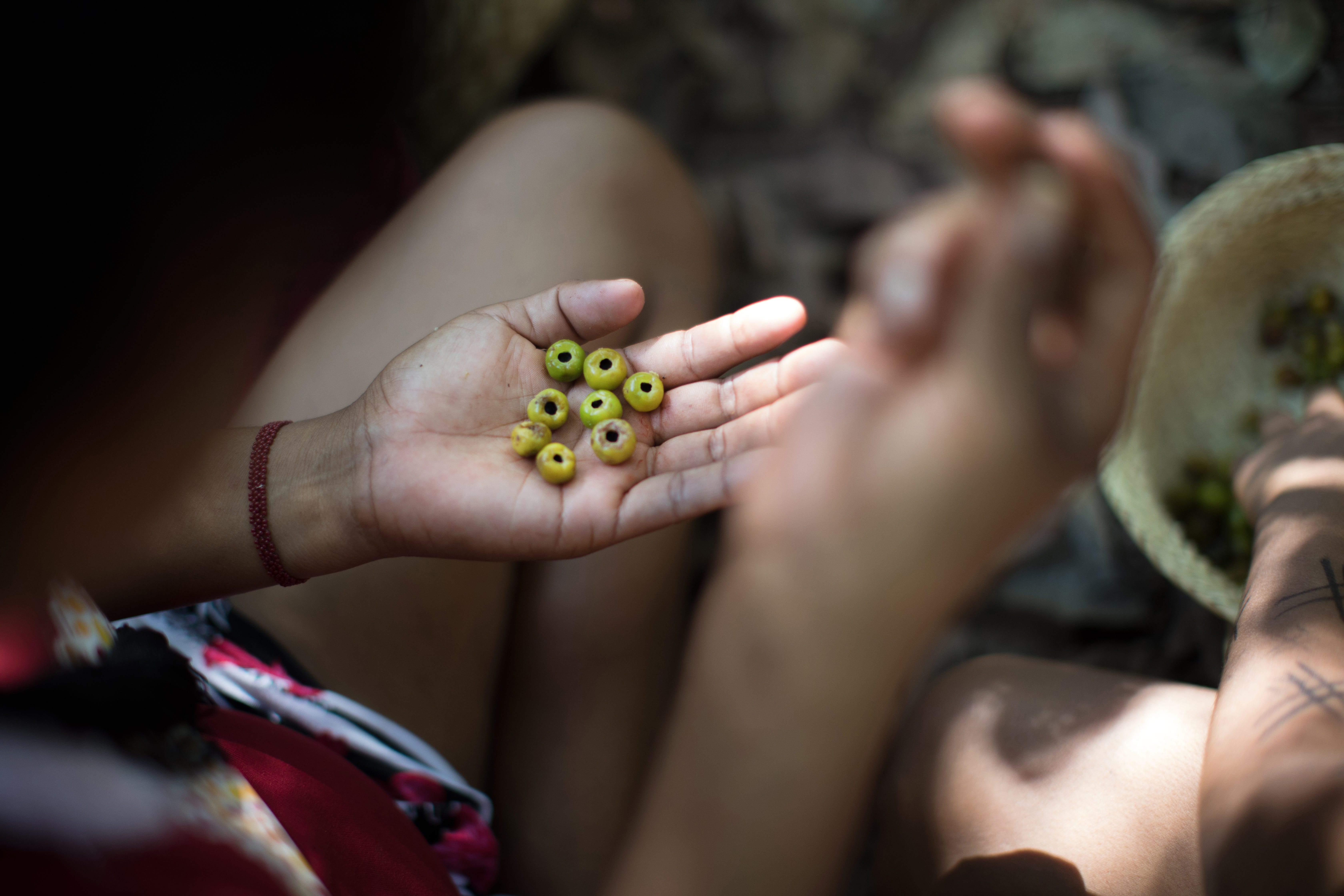
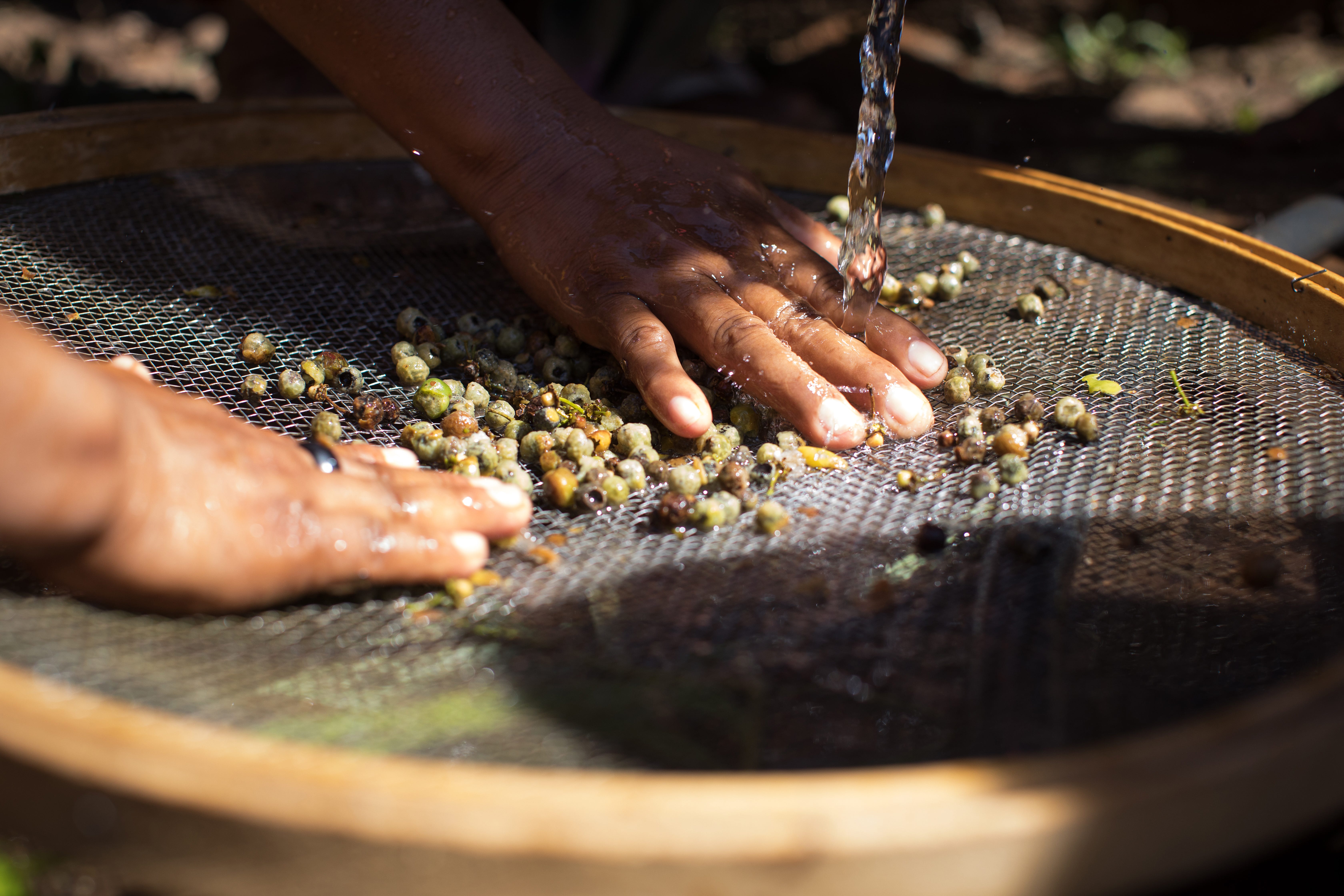
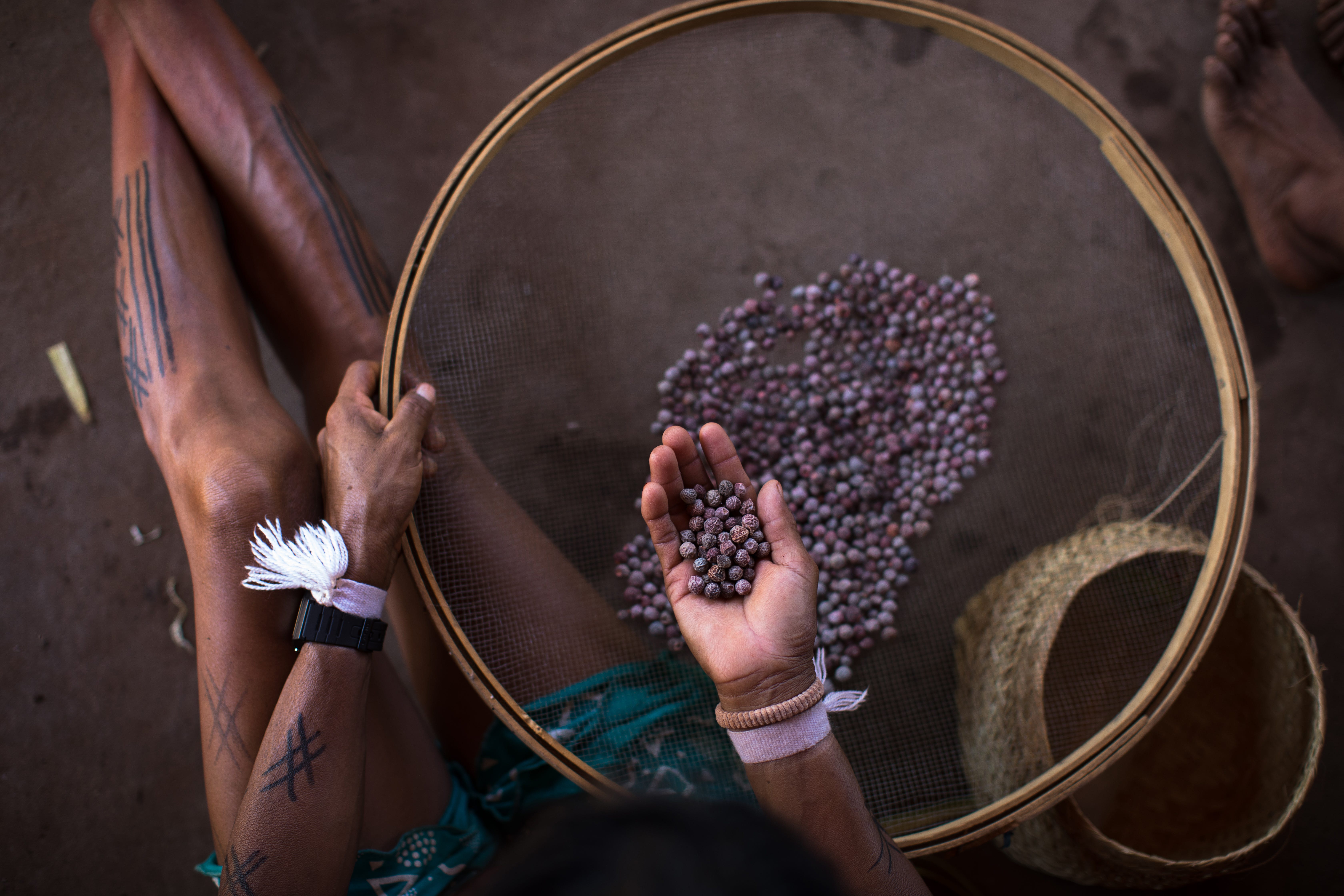
When the orders arrive, the seeds are despatched to be planted as part of the “muvuca” (find out more), a technique that consists of mixing seeds of native species with green manure to form the structure of the forest.
For Koré Ikpeng, and all the other 567 collectors who are part of the Xingu Seed Network, this activity only makes sense through the Yarang, indigenous peoples, extractivists, homesteaders and urban collectors working together.
“You will never find a Yarang on her own. We are always together. How can you be Yarang and walk alone? The name says it all: it’s a movement of ants. As a leader I think this union is very important. If I go collecting on my own, I get sad”, she says.
Following the commemorations of ten years of the Yarang Women’s Movement, with so many outsiders taking up this work, it’s hard to imagine that the Yarang could ever walk alone. No-one who understands the value of unity and forests would let it happen.
